1. About Enron
2. What is Enron Crisis?
II. The consequences of Enron Crisis
1. Influence on US economy
2. Changes due to Enron Crisis
III. The reasons of Enron Crisis
1. Window dressing settlement
2. Moral hazard of CEOs
3. What is there behind all this?
IV. Lessons from Enron Crisis
1. The lessons of Enron case
2. Why other companies have to avoid this kind of crisis?
V. Conclusion
Bibliography
Arthur Anderson was the auditor and consultant of Enron. However it overlooked the corrupt accounting practice of Enron, which was one of the main reasons of the crisis. After the Enron scandal, Andersen lost its major clients and got accused by its negligence in auditing Enron.
1.4. Mid- and long-term impacts on American energy industry
After Enron crisis, financial institutions raised the rate of interest on loans for energy-related corporations. Traditionally, energy industry’s liabilities are larger than other industries’. Thus, the financial difficulties became even more burdensome to energy industry, which in turn caused electric power companies to reduce investment on new power plant construction and caused gas companies to decrease investment on developing the reserves of natural gas. This raised the possibility that energy crisis would occur when the energy demand increases.
2. Improvements and changes
2.1. Awareness of the importance of transparent accounting
Enron crisis revealed a number of problems that US GAAP had. And it made people aware of the importance of transparent accounting. As a result, in 2002 at a meeting in Norwalk, Connecticut, the International Accounting Standard Board and the US Financial Accounting Standards Board agreed to harmonize their agenda and work towards reducing differences between IFRS and US GAAP. In February 2006, FASB and IASB issued a Memorandum of Understanding including a program of topics on which the two bodies will seek to achieve convergence by 2008.
Even after the Enron crisis, the Big Five accounting firms have yet to acknowledge the need for fundamental change to their independence rules. Instead, in a joint statement issued on Dec. 4, the CEOs of the Big Five focused largely on improving the rules of accountancy. Industry leader James S. Turley, chairman of Ernst & Young, says that rather than an audit failure, Enron "at its core was a business failure."
2.2. Enforcement of Sarbanes-Oxley Act
The Sarbanes-Oxley Act, adopted by the US Congress in 2002, is the most significant measure of federal securities and corporate law since the New Deal legislation of the 1930s. The act was a reaction to a number of major corporate and accounting scandals including those affecting Enron, Tyco International, Adelphia, Peregrine Systems and WorldCom. These scandals, which cost investors billions of dollars when the share prices of affected companies collapsed, shook public confidence in the nation's securities markets.
This act shows that all dishonest corporate leaders must be exposed and punished. It also made loose standard and false profit exist no longer in business world. In the bill a restriction to an auditor was added saying that accounting firms should rotate the in-charge partners on an auditing assignment every 5 years in order to prevent auditors from getting too cozy with their corporate clients.
III. The reasons of Enron Crisis
1. Window dressing settlement
Enron's nontransparent financial statements did not clearly detail its operations and finances with shareholders and analysts. In addition, its complex business model stretched the limits of accounting, requiring that the company use accounting limitations to manage earnings and modify the balance sheet to portray a favorable depiction of its performance. According to McLean and Elkid in their book 『The Smartest Guys in the Room』, "The Enron scandal grew out of a steady accumulation of habits and values and actions that began years before and finally spiraled out of control." From late 1997 until its collapse, the primary motivations for Enron’s accounting and financial transactions seem to have been to keep reported income and reported cash flow up, asset values inflated, and liabilities off the books.
The combination of these issues later led to the bankruptcy of the company, and the majority of them were perpetuated by the indirect knowledge or direct actions of Lay, Jeffrey Skilling, Andrew Fastow, and other executives. Lay served as the chairman of the company in its last few years, and approved of the actions of Skilling and Fastow although he did not always inquire about the details. Skilling, const
Healy, Paul M.; Krishna G. Palepu, "The Fall of Enron” Journal of Economic Perspectives, Spring 2003)
James N. Bodurtha, Jr.:“Unfair Values” - Enron's Shell Game (The McDonough School of Business, Washington DC, March 2003)
Nanette Byrnes•Mike McNamee•Diane Brady•Louis Lavelle•Christopher Palmeri and bureau reports, “Accounting in Crisis”, Businessweek, January 28, 2009
McLean, Bethany; Peter Elkind. The Smartest Guys in the Room
Peñalva, Fernando, “The Rise and Fall of Enron: Learning from a Crisis”, Revista de Antiguos Alumnos, September 2002.
Seo Jung Ju, “THE ROLE OF AGGRESSIVE ACCOUNTING IN THE DEMISE OF ENRON CORP.”, Diss. Ewha University, 2002
Simon Deakin•Suzanne J. Konzelmann, “Learning from Enron”, ESRC Centre for Business Research, University of Cambridge Working Paper No 274, 2003



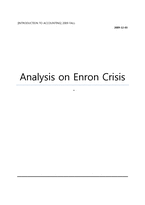
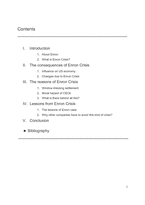
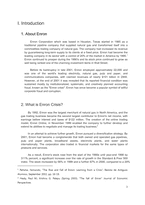
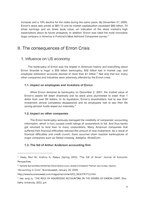
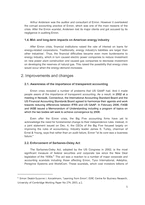
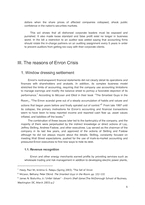
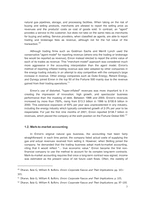
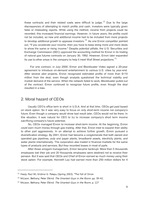
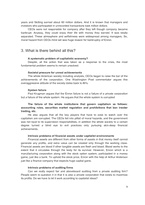
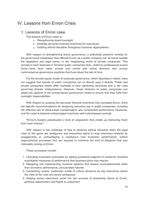
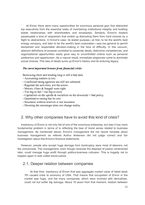
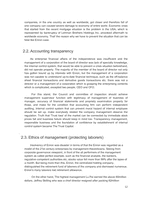
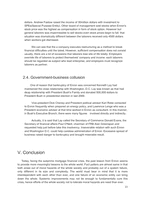
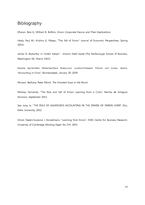
 분야
분야


